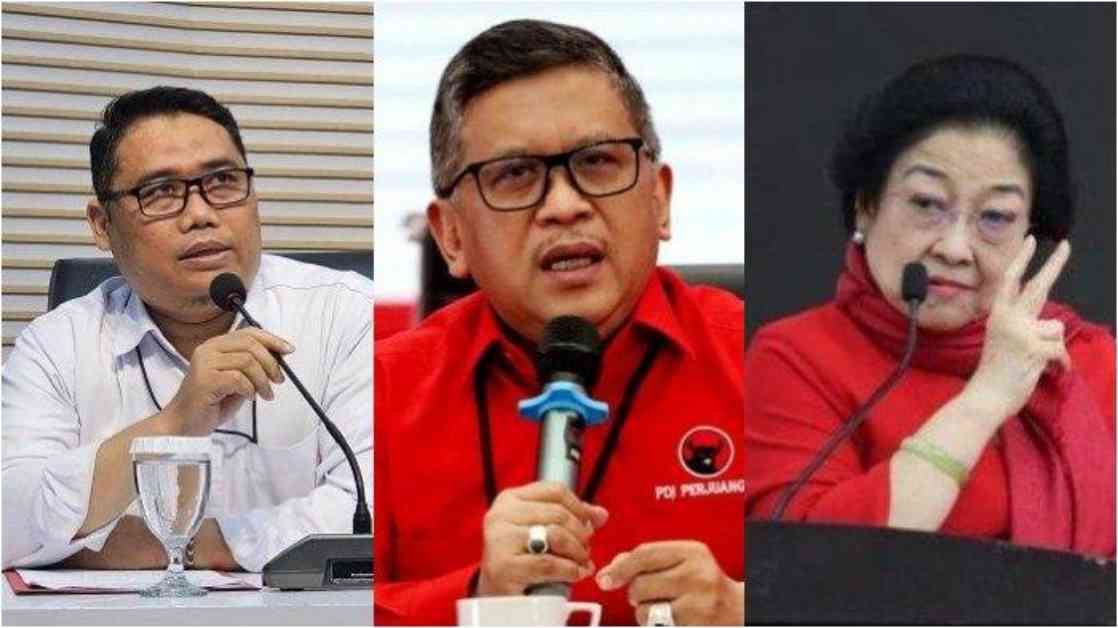**KPK Successfully Handles 100 Cases Amid Criticism by Megawati**
In a swift and decisive response to criticism from the Chairperson of the Indonesian Democratic Party of Struggle (PDIP), Megawati Soekarnoputri, the Corruption Eradication Commission (KPK) has revealed that it is currently handling over 100 cases. This comes after Megawati’s remarks insinuating that the anti-corruption agency has nothing better to do than deal with the case of Hasto Kristiyanto.
**KPK Director Responds to Criticism**
Asep Guntur Rahayu, the Director of Investigation at KPK, wasted no time in defending the agency against Megawati’s comments. He emphasized that KPK is actively working on more than 100 cases at present. Rahayu disclosed that there are 20 task forces within KPK, each handling between six to nine cases.
According to Rahayu, the public can witness KPK’s relentless efforts in uncovering various corruption cases across Indonesia on a daily basis. He highlighted the fact that witnesses are being summoned by KPK regularly for questioning in a variety of cases, proving that the agency is not solely focused on the Hasto case.
**Daily Efforts of KPK**
Rahayu further elaborated that the presence of summoned witnesses in multiple cases demonstrates KPK’s commitment to tackling a range of corruption issues beyond just the Hasto Kristiyanto affair. This dedication to addressing corruption on multiple fronts showcases KPK’s unwavering commitment to upholding justice and combating corrupt practices in the country.
**Megawati’s Criticism and KPK’s Response**
Megawati Soekarnoputri had earlier criticized KPK for focusing solely on Hasto Kristiyanto’s case, implying that the agency lacked other meaningful work. However, KPK’s proactive approach in handling a diverse portfolio of cases deftly counters Megawati’s assertions, showcasing the agency’s dedication to its mandate of eradicating corruption.
In conclusion, KPK’s robust response to criticism and its continued efforts in addressing corruption reflect a commitment to upholding the rule of law and fostering transparency in Indonesia’s governance. As the agency navigates through various challenges, its unwavering focus on integrity and accountability remains a beacon of hope for a more just and equitable society.






















